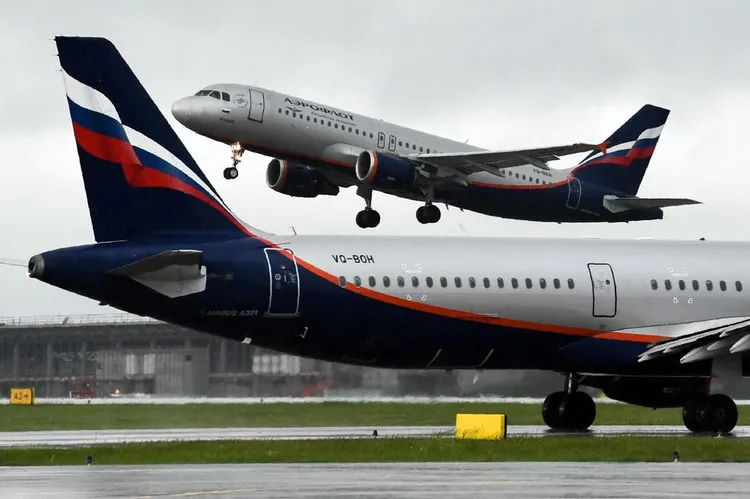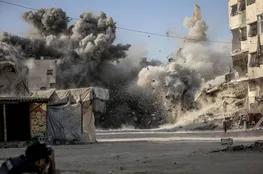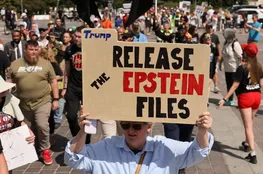Russia’s national airline, Aeroflot, has been the target of a significant cyberattack, leading to the grounding of dozens of flights across the country. The attack, attributed to the pro-Ukrainian hacker collective Silent Crow alongside the Belarusian hacking group Cyberpartisans, has severely disrupted Aeroflot’s operations and raised serious concerns about cybersecurity within the aviation industry and broader national security. According to reports, Silent Crow claimed to have ‘completely destroyed’ Aeroflot’s IT systems, gaining access to critical infrastructure and vast amounts of internal company data – potentially including the personal information of over six million Russian passengers who have flown with the airline. The attackers successfully infiltrated Aeroflot’s active directory, as evidenced by screenshots shared publicly, and are threatening to release this sensitive data, further escalating the situation. The Russian government has confirmed the disruption, with over 60 flights cancelled, impacting routes within Russia, as well as international flights to Belarus and Armenia, according to BBC reports. This incident highlights a growing trend of cyberattacks targeting airlines, mirroring previous attacks orchestrated by the hacker collective Scattered Spider, which prompted an FBI warning about the vulnerability of the sector.
The attack utilized social engineering techniques, specifically impersonating employees and contractors to deceive IT help desks and gain unauthorized access. While the exact methods used to compromise Aeroflot’s systems remain under investigation, Silent Crow and Cyberpartisans have stated their motives are politically driven, aligning with the ongoing conflict in Ukraine. The Kremlin has labeled the attack as ‘worrying,’ reflecting the broader implications for Russia’s national security. Spencer Starkey, executive VP of EMEA at SonicWall, emphasizes the critical need for robust safeguards within the aviation sector, stating that ‘these cyberattacks raise concerns about a country’s own national security, critical national infrastructure as well as the safety of sensitive information.’ The incident underscores the evolving nature of warfare, moving beyond traditional physical conflict into the digital domain. Russian MP Anton Gorelkin further emphasized this point, stating, ‘We must not forget that the war against our country is being waged on all fronts, including the digital one.’
The ongoing investigation aims to determine the full extent of the breach, identify the precise vulnerabilities exploited, and bring those responsible to justice. Furthermore, the incident is prompting a global review of cybersecurity protocols within the aviation industry, with a focus on strengthening defenses against future attacks and mitigating the risk of similar disruptions. The impact of this attack extends beyond the immediate disruption of flights, raising fundamental questions about data privacy, national security, and the future of warfare in the 21st century. The case highlights the need for proactive measures to protect critical infrastructure from cyber threats, ensuring the continued stability and security of both the aviation industry and the broader global landscape.
























